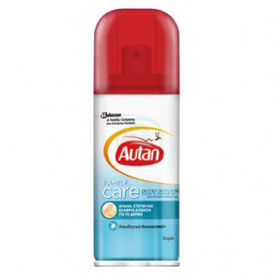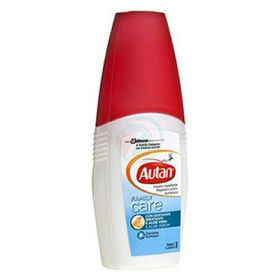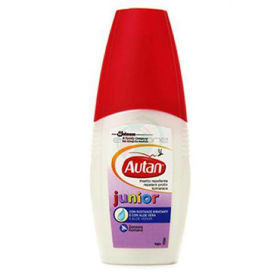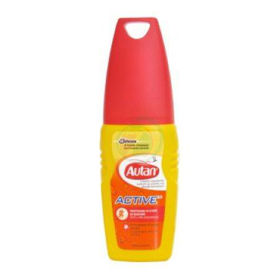Customer question:
How does the anti-malaria drug work? Anonymous customer's question
Pharmacist's answer:
Antimalarial drugs work in different ways, depending on the type of drug. Chloroquine and hydroxychloroquine are drugs that interfere with parasitic processes by inhibiting the development of the parasite in erythrocytes (red blood cells). Mefloquine and atovaquone-proguanil act on different stages of parasite development in erythrocytes. Primaquine works on parasites in the liver, preventing them from multiplying in this organ. Artemisinin and its derivatives have a rapid elimination effect on parasites.
Malaria is a serious and contagious disease; its treatment should occur under a doctor's supervision. Self-treatment of malaria is not recommended, as effective treatment depends on correctly diagnosing the type of parasite and determining sensitivity to certain drugs. However, there are situations when a person can become infected with malaria in regions where this disease is common, and in this case, you are often far from medical care. If malaria is suspected and medical help cannot be obtained immediately, it is crucial to follow general guidelines.
Drink plenty of fluids to prevent dehydration. Malaria can cause high fever and sweating, often leading to fluid loss. Rest and take time to recover. Malaria can cause severe fatigue, so it is essential to allow the body to recover. Although symptom relievers do not cure malaria, they can help relieve some uncomfortable symptoms, such as fever, aches and pains, and nausea. Even if you may suspect malaria, still protect yourself from mosquito bites to prevent further infections.
Interesting reading: Lek against malaria
Interesting reading: Shaking fever













